Well-Being Assessment and Monitoring
The GME Office continually works to safeguard and improve the holistic health of our residents and fellows and our learning environments simply because it is the right thing to do.
Graduate medical education is an exciting and explosive period of learning and growth, yet also poses many threats to the well-being of trainees, including:
- Fatigue
- Cognitive load
- Career uncertainty
- Financial stress
- Relationship strain
- Workplace safety and occupational exposure concerns
- Identity-based discrimination and aggressions
Although each of us has a professional obligation to care for ourselves and one another within our community, lack of resilience is not the problem. We acknowledge that the primary threats to well-being exist within the healthcare system itself: how we deliver care, who delivers care, who receives care and who does not, how care is compensated and how our system respond to increasing workloads and unforeseen challenges, such as the pandemic.
The ACGME has established standards for institutions and programs to ensure that we work to influence the experience of residents and fellows within the system.

Jenn Johal, MA
Education Programs & Learning Environment Specialist
Phone: 206.616.8286
Email: jenjohal@uw.edu
Well-Being Resources
Meet with a GME Wellness Counselor
National Suicide Hotline: 1-800-273-TALK (8255)
Substance Abuse Resources for WA and ID
View resources about these topics and more on the Well-Being Index

